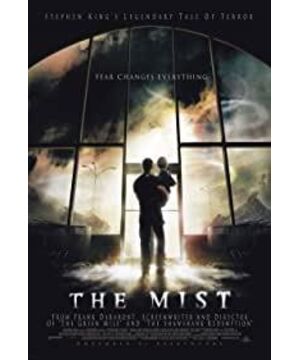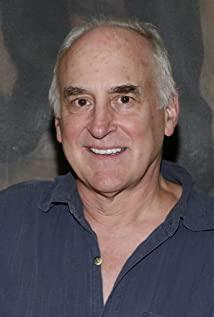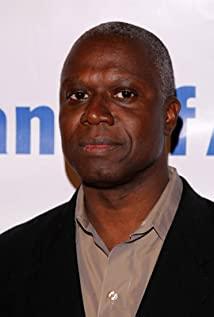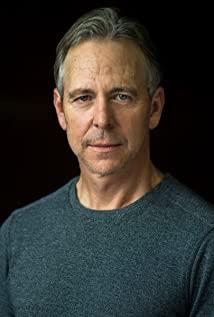I'm not saying that movies can't have tragic endings. "Twelve Monkeys" is also a tragedy, but it is a classic in the history of science fiction. It also has no gorgeous special effects and is also a tragedy. However, when the director used a tragic ending to describe a truth that cannot change the future, he did not let the audience The filmmakers lost hope. Instead, the audience realized that "now" is the truth that should be grasped and changed, and this is positive energy. You can't change the ending, but you can enjoy love and other beautiful things in the process. It can be said that this is hope, this is positive energy.
In contrast to "The Mist", the ending highlights the ideology that the director wants to express while abandoning the positive energy, at least we did not see the positive energy. For example, there is a movie about terrorists. He describes the life of a terrorist so thoroughly, and he also describes the terrorist attack so reasonably. For example, from his point of view, there is indeed a reason to launch a terrorist attack. The movie is very ideological and terrifying, and the ending is very realistic. Just like this movie, the ending is indeed a possibility in reality, but will such a movie that approximates the rationality of propagating terrorism be regarded as a classic? ! If you think so, then I think your mind is dangerous. The real society is indeed full of despair, and even more desperate things happen than the ending of "The Mist", but as an art, the movie can be said to be an art, is it really good to show the real cruelty to the audience? In addition to thinking about life in the movie, the audience also wants to find some hope of life in it. And obviously, the director took that hope away and made the worst choice.
The director obviously has a wiser choice, and even tragedy can reflect the hope in tragedy. But it is clear that the director is self-defeating. It's just like when elementary school students write essays, they lose their innocence and the essence of essays while reflecting their ideology, as if they are reasoning for the sake of reasoning. The director seems to be the same, he may be complacent at his ironic O'Henry-esque ending, and many people are so proud of themselves that they understand the deep meaning, but forget the quality of the film. Movies don't make sense. A good movie can even seem to say nothing. A successful movie should have positive energy, and there should be hope in despair. Although the reality may be as cruel as the ending in "The Mist", the director shows the reality mindlessly. Or rather self-conscious.
The director can use other endings, such as five bullets in the pistol, and the hero commits suicide, which may be much better than living to witness everything. In other words, the protagonist and his party continue to move forward in the fog, looking for hope. Even if it is eaten by monsters and the army arrives later, it can bring positive energy. If so, the protagonist is a tragic hero image, and such an ending does not affect the director's reflection on heroism. Obviously, the director has a lot of better ending options, and it doesn't affect his reasoning. Yet he chose the worst. Of course, the reality also gave him the worst ending - the box office, and many viewers also gave him a negative ending, they won't watch it a second time, and won't recommend this movie.
This is also the tragedy of "The Mist". The thinking is penetrating, and the technique has been tried as much as possible, but it has been destroyed in the most classic ending. It is this most classic ending that prevents this work from becoming a classic, and it cannot get 8 points. This may be the tragedy and despair of this work!
View more about The Mist reviews











